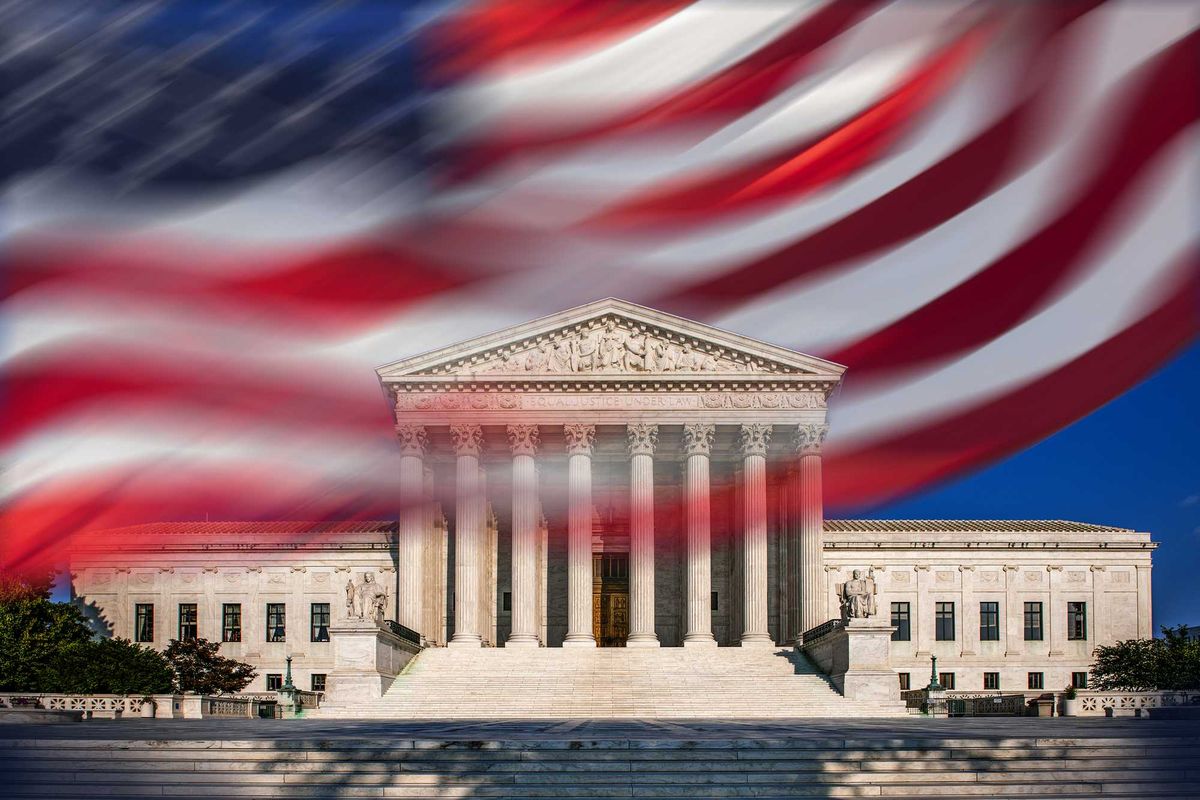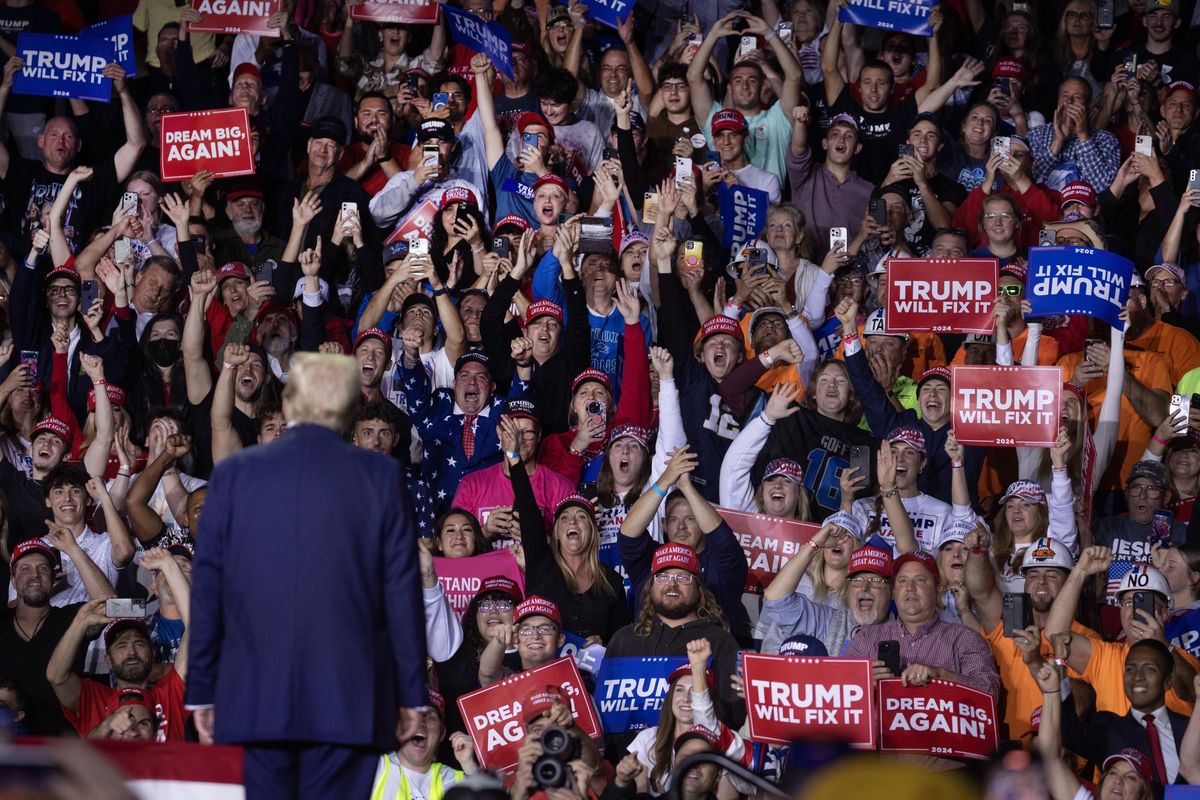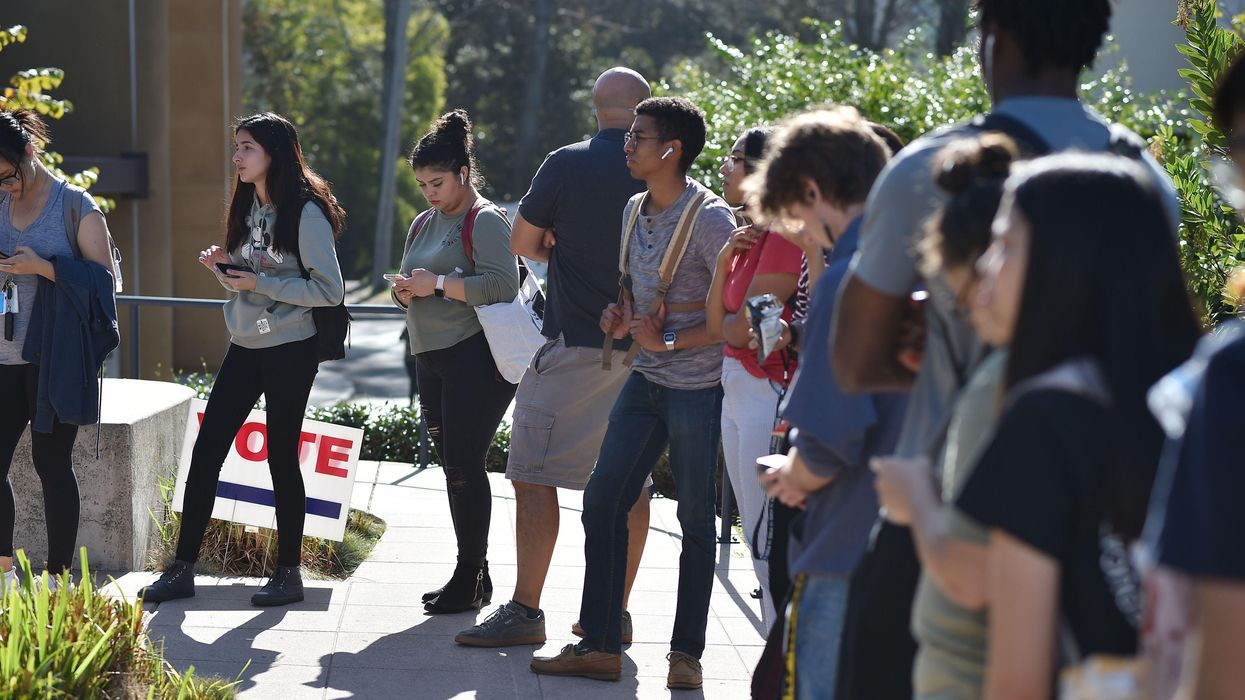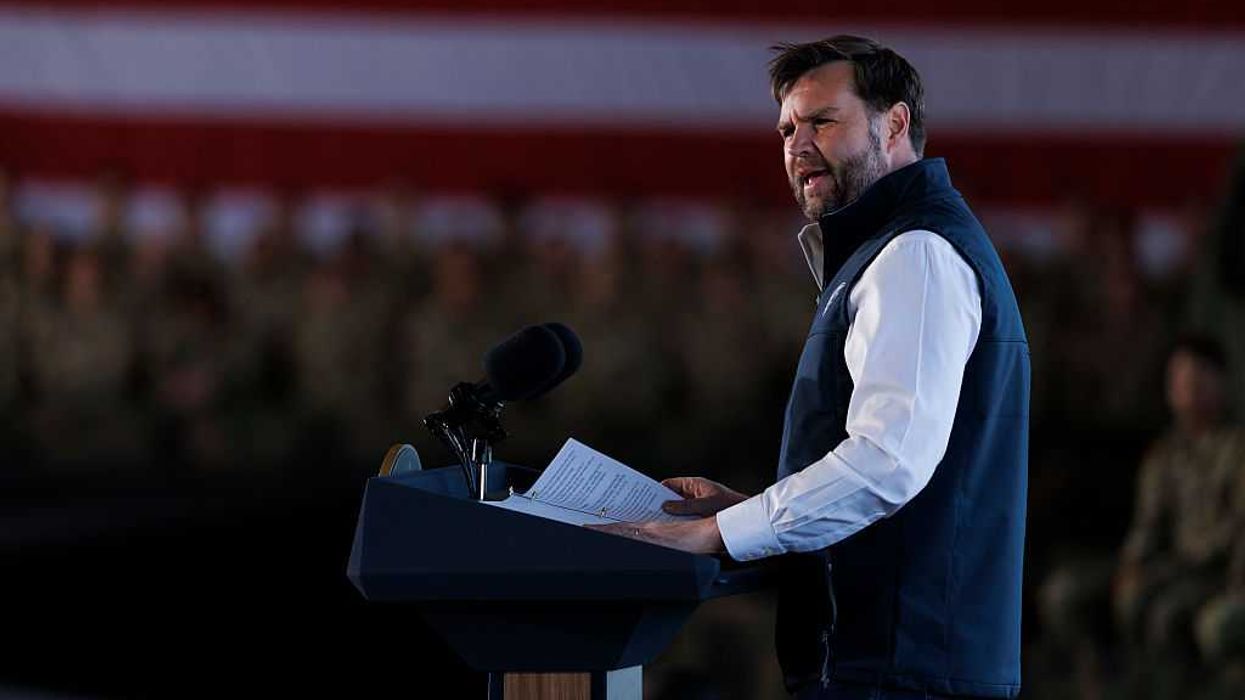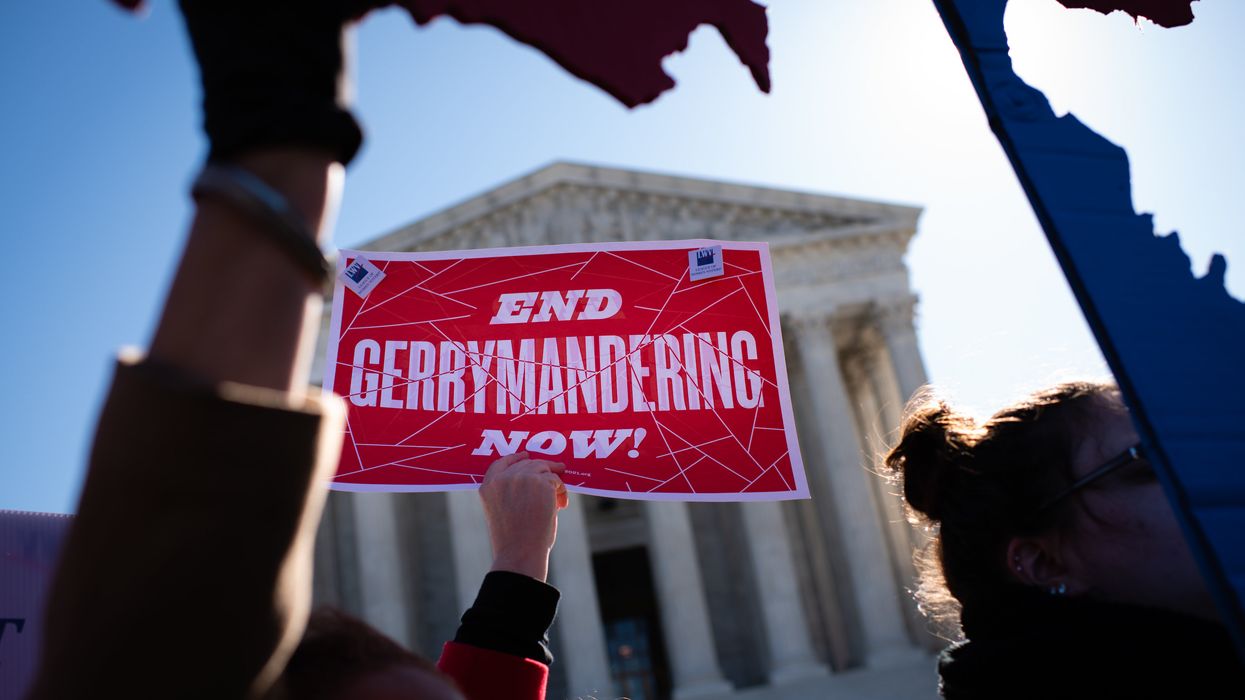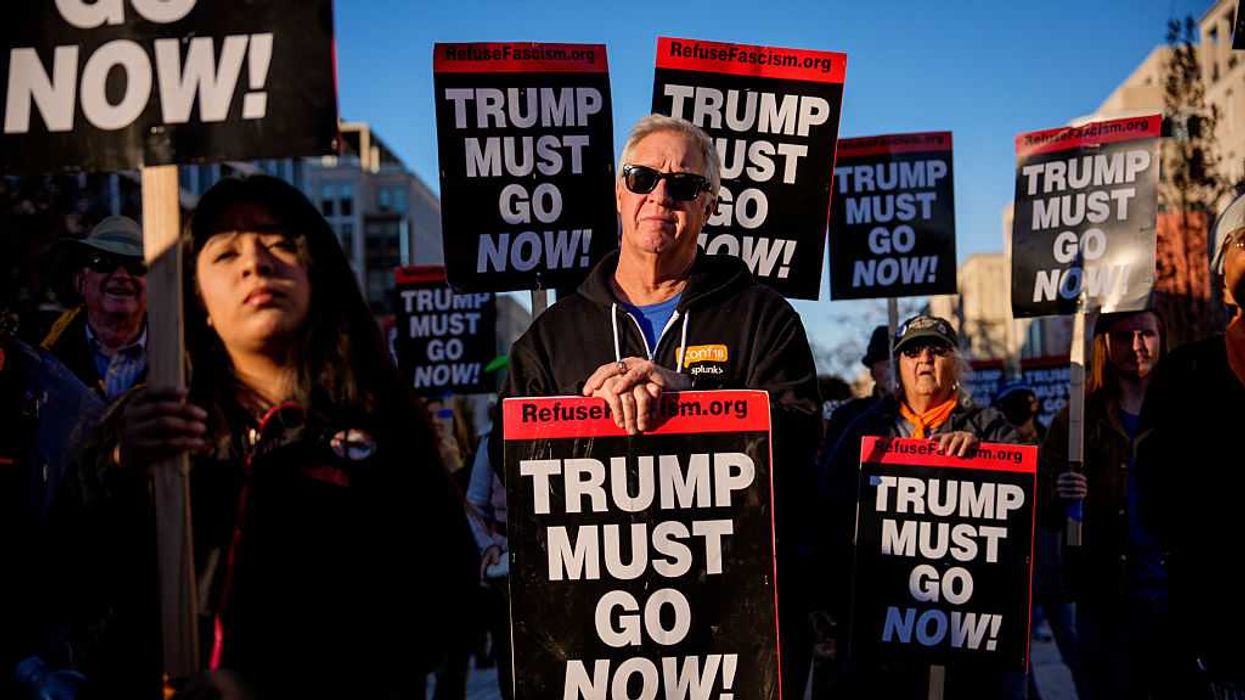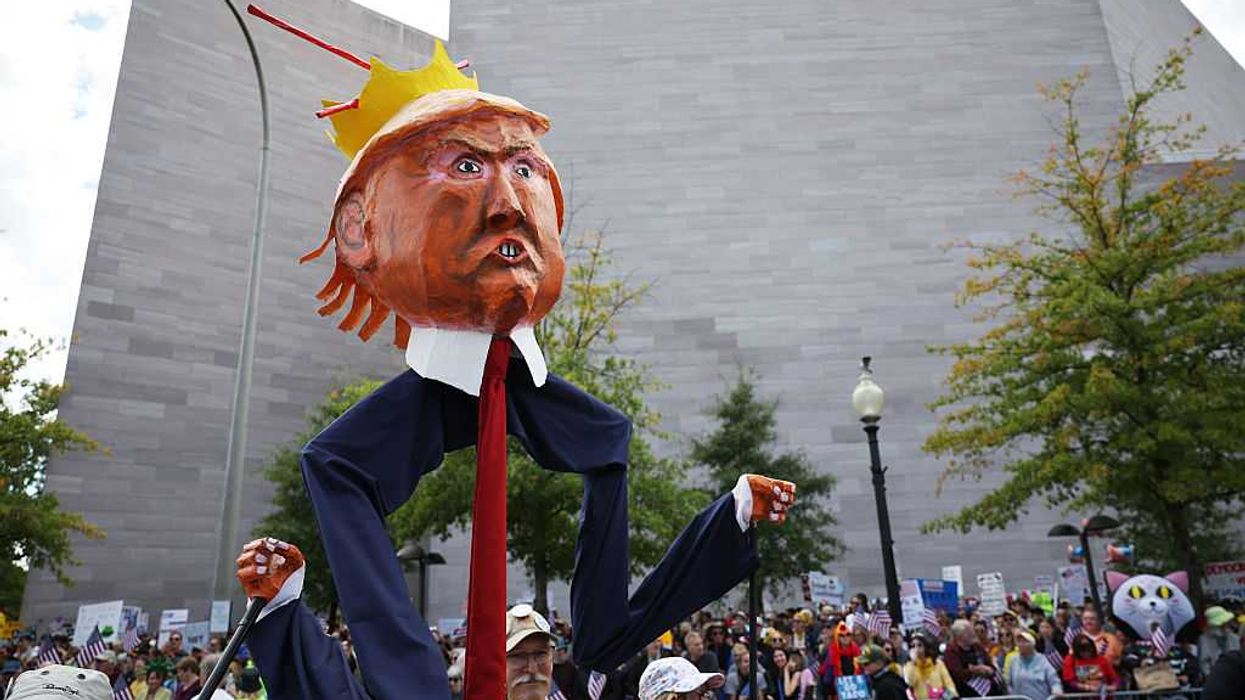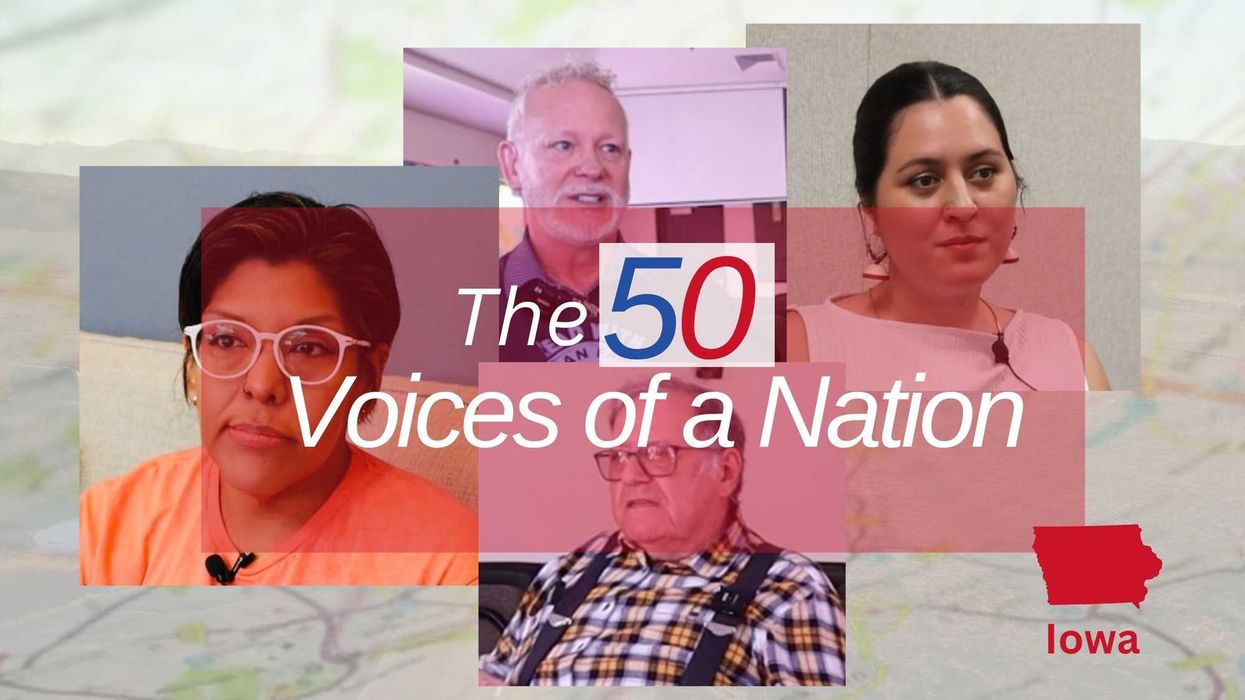Konowitz is co-founder and chief operating officer of Motivote, a company that uses behavioral economics to help businesses, advocacy groups and candidates engage younger people and boost election turnout.
2020 was a win for youth voter participation. We saw the highest-ever turnout for young voters, with half of 18- to 29-year-olds casting ballots. (Only 39 percent did so in 2016.)
But 2020 also made it clear that we have a lot of work to do. Changes to voting laws add confusion. Political differences and polarization add tension. And while we should celebrate the record-high 50 percent youth turnout, that means 20 million young people still didn't cast ballots.
Higher education institutions are in a unique position to engage young people, but civic engagement is often seen as beyond the purview of colleges and universities. This is a massive missed opportunity, for both higher ed institutions and our democracy.
Here are three reasons your campus should invest in voter engagement:
1. You're a trusted messenger and the first touchpoint for the newest, youngest voters who still cast their ballots at the lowest rates.
Who are "young voters"? The label (often 18-29, sometimes 18-34) is a bit of a misnomer. When your age bracket combines people straight out of high school who have never been eligible to vote before with those who might be 10 years into their careers, you gloss over critical nuances in behavior and needs.
Newer voters, lower turnout. The newest, youngest voters (18-19) are consistently turning out at lower rates than slightly older peers. Forty-six percent of 18- and 19-year-olds cast their ballots in 2020, and in some states the gap was especially wide: In South Dakota, only 12 percent of people in that age range voted, compared to 30 percent of their peers under 30.
Be there at the beginning. Colleges and universities have a unique opportunity to improve this voting rate, thanks to unmatched access and influence over this age demographic. Students often depend on colleges for everything from meals to their social life, and they trust higher ed institutions more than the media. That means there is a clear path to bake civic engagement into the processes students are already doing for the first time. Registering for classes? Get registered to vote too.
2. Your incoming students expect you to deliver on meaningful community and social purpose.
Values matter more than ever. Generation Z will be prospective students for the next decade. They are more compassionate, empathetic and issue-driven than previous generations — and that means they have heightened expectations for the communities they join.
Brands and employers, across sectors, are adapting for a generation that prioritizes social causes. Only 19 percent of Gen Z would work for a company that doesn't share their values.
This generation does the same calculus when deciding where they'll spend their next two to four years. Is it a community that reflects what they care about?
Leadership goals. Incoming students have grown up alongside a new form of mainstreamed activism, like the March for Our Lives movement. Twenty-seven percent of 18- to 24-year-olds have attended a march or demonstration, a five-fold increase from 2016. A recent American Freshman Survey found a record-high 40 percent of incoming students say becoming a community leader is a "very important" or "essential" life objective for them.
Walking the walk. Not only do they care about values, but they also care about authenticity — are you paying lip service, or are you walking the walk? In fact, research finds that making a statement not backed up by action has a worse effect on morale and productivity than not saying anything at all.
Investing in a robust, measurable civic engagement program that touches students' daily lives shows that, as an institution, you are both taking the lead on impact and practicing what you preach.
3. Civic engagement drives better academic outcomes and alumni engagement
Beyond the voting booth. Investing in civic engagement doesn't just strengthen democracy — it also has a positive impact on academic and institutional performance. Research shows a statistically significant relationship between civic engagement programs and academic success.
Engaged students do better. Why? Students who participate in civic programming gain higher-order skills, such as critical thinking, and have more emotional intelligence.
Students who are civically engaged are also more likely to finish their degrees, pursue further higher education and become community leaders.
Through civic engagement programming, you can help students be productive members of society by ensuring they leave college armed not only with specific academic skills but with a deep understanding of that society.

